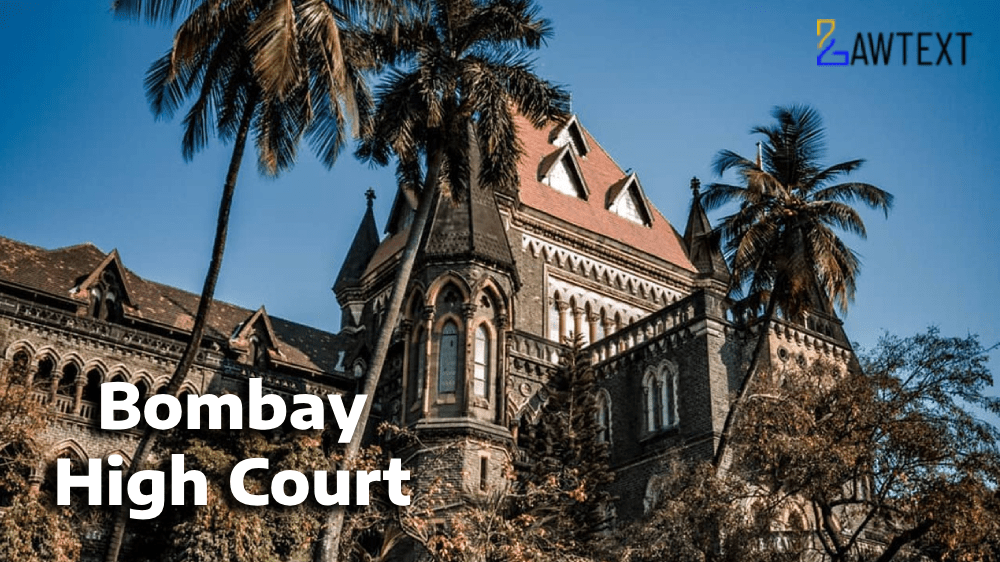

Judicial Review of Court Martial Proceedings: The High Court, under Article 226, can review Court Martial proceedings if there is a denial of fundamental rights, jurisdictional error, or error apparent on the face of the record. (Para 5, 13) Testimony of Minor Victim: In cases of sexual assault, the testimony of the victim is vital and can form the basis of conviction if it inspires confidence, even in the absence of corroboration. (Para 17, 18) Intent in Sexual Offences: The intent of the accused must be inferred from the circumstances, and claims of paternal/grandfatherly affection cannot justify inappropriate conduct. (Para 19) Procedural Compliance: The absence of a CoI or medical examination does not automatically vitiate the proceedings, especially when no physical injury is involved and the victim’s testimony is credible. (Para 15, 16)
The High Court dismissed the petition, upholding the findings of the GCM and the AFT. The Court held that: The High Court’s power of judicial review under Article 226 is not ousted in matters involving Court Martial, especially where fundamental rights or jurisdictional errors are alleged. The failure to conduct a CoI or medical examination of the minor victim did not vitiate the proceedings, as no physical injury was involved, and the victim’s testimony was credible. The minor victim’s testimony, corroborated by other witnesses, was sufficient to sustain the conviction under the POCSO Act. The Petitioner’s intent was clearly inappropriate, and his defence of paternal/grandfatherly affection was rejected.
Major Acts and Sections:
Protection of Children from Sexual Offences Act, 2012 (POCSO Act) – Sections 10 (Aggravated Sexual Assault) and 12 (Sexual Harassment).
Army Act, 1950 (AA) – Section 69 (Trial by Court Martial for Civil Offences).
Code of Criminal Procedure, 1973 (CrPC) – Section 164A (Medical Examination of Rape Victims).
Armed Forces Tribunal Act, 2007 (AFT Act) – Sections 30 and 31 (Appeal and Review Provisions).
Constitution of India – Article 226 (Power of High Courts to Issue Writs) and Article 227 (Power of Superintendence).
Court Martial – Judicial Review – Sexual Assault – Minor Victim – POCSO Act – Army Act – Fundamental Rights – Jurisdictional Error – Medical Examination – Witness Testimony – Corroboration – Intent – Confirmation of Sentence.
Nature of the Litigation: The Petitioner, Ex-LT Col PK Tiwari, challenged the Judgment and Order of the Armed Forces Tribunal (AFT), Mumbai Bench, which upheld the findings and sentence of the General Court Martial (GCM) convicting him under Section 69 of the Army Act, 1950, for offences under Sections 10 and 12 of the POCSO Act, 2012.
Remedy Sought: The Petitioner sought quashing of the GCM’s findings and sentence, alleging procedural irregularities, lack of evidence, and violation of fundamental rights.
Reason for Filing: The Petitioner contended that the GCM and AFT erred in appreciating the evidence, failed to conduct a Court of Inquiry (CoI), and did not follow mandatory procedures under the POCSO Act, including medical examination of the minor victim.
Previous Decisions: The GCM convicted the Petitioner and sentenced him to 5 years imprisonment and cashiering from service. The AFT dismissed his appeal, leading to the present petition under Article 226/227 of the Constitution.
Whether the High Court, in exercise of its jurisdiction under Article 226, can review the findings of a Court Martial, especially in cases involving allegations of sexual offences against minors?
Whether the failure to conduct a Court of Inquiry (CoI) and medical examination of the minor victim vitiated the proceedings?
Whether the evidence, particularly the testimony of the minor victim, was sufficient to sustain the conviction under the POCSO Act?
Whether the Petitioner’s intent, as alleged, was sexual or merely paternal/grandfatherly in nature?
Petitioner’s Arguments:
a. The initial complaint was not properly processed, and there was no acknowledgment of receipt by any officer.
b. The Havildar-Complainant had a grudge against the Petitioner for denying him permission to attend a Map Reading Course.
c. The prosecution failed to prove the age of the minor victim and did not submit her original birth certificate.
d. Sexual intent, a necessary ingredient under Sections 10 and 12 of the POCSO Act, was not established.
e. No Court of Inquiry (CoI) was conducted, and the minor victim was not medically examined as required under the POCSO Act.
f. The Petitioner’s interaction with the minor was paternal/grandfatherly, and the allegations were fabricated.
Respondent’s Arguments:
a. The Army authorities followed due procedure, and the Summary of Evidence (SoE) was recorded without the need for a CoI.
b. The Havildar-Complainant had no grudge, as he was granted permission for the Map Reading Course before the Petitioner joined the unit.
c. The minor victim’s age was established through her birth certificate, and the Petitioner did not challenge it during cross-examination.
d. The minor victim’s testimony was consistent, credible, and corroborated by other witnesses.
e. The Petitioner’s intent was clearly inappropriate, as evidenced by his actions and the minor’s immediate reaction.
Case Title: Ex-LT Col PK Tiwari
Citation: 2025 LawText (BOM) (2) 170
Case Number: CRIMINAL WRIT PETITION NO. 2919 OF 2024
Advocate(s): Ms. Saakshi Jha a/w Mr. Ujjwal Gandhi, Mr. Prateek Dutta, Ms. Bhavi Kapoor and Mr. Parth Govilkar, for the Petitioner. Mr. Amarendra Mishra, for Respondent No.1 Mr. Aashish Satpute, APP for Respondent-State
Date of Decision: 2025-02-17